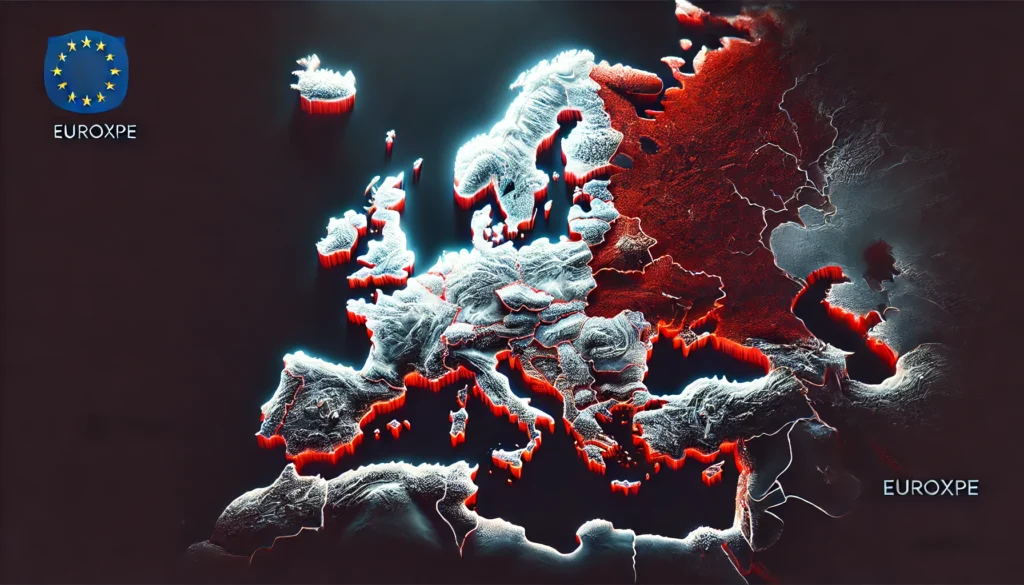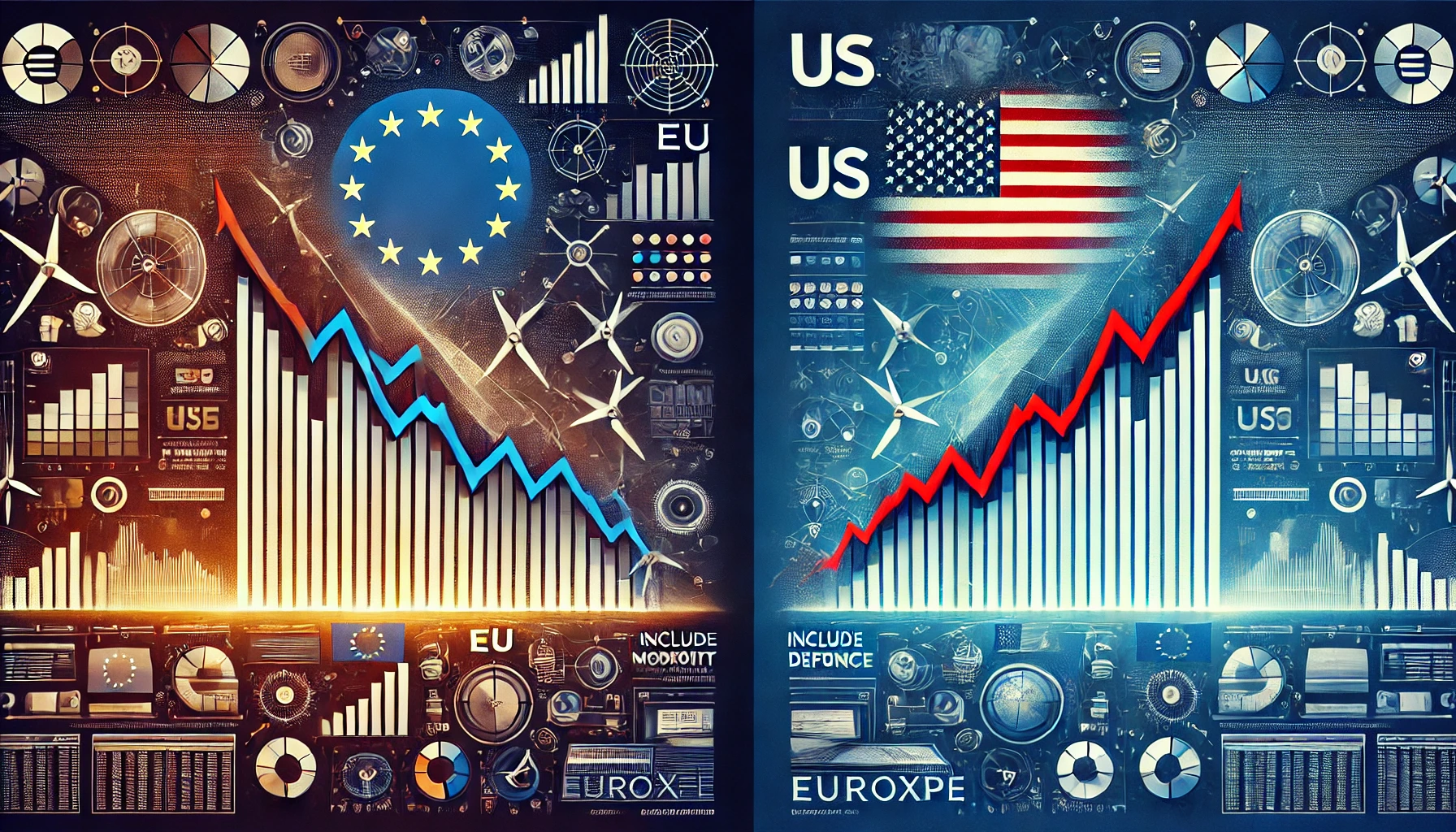Ursula von der Leyen has been reappointed to lead the European Commission, marking a significant victory for the mainstream parties amidst the rise of far-right movements across Europe. The 65-year-old former German defence minister, who successfully navigated the EU through the challenging times of the pandemic and geopolitical tensions, will continue to steer the bloc for another five years.
Von der Leyen’s reappointment comes after a turbulent campaign. The European Union‘s political landscape has been increasingly shaken by populist and nationalist movements. Nevertheless, mainstream leaders have chosen to stick with a familiar face, rewarding her for her previous leadership. As a mother of seven and grandmother, von der Leyen embodies the traditional centre-right conservative values that resonate with many in Brussels.
Despite her victory, von der Leyen faces an uphill battle. The political climate in Europe is shifting rapidly. By the time her second term concludes in 2029, the political scene could be drastically different, with figures like Marine Le Pen potentially in power in France and other populist leaders gaining influence. Her leadership will be tested against these rising forces.
Von der Leyen’s leadership style has been a point of contention. Critics accuse her of being controlling, secretive, and distant. Her decision-making process often involves a small circle of trusted advisers, primarily German, and she is known to work from her office on the 13th floor of the Commission’s HQ in Brussels. This insular approach has not endeared her to all, and she will need to navigate these internal challenges carefully.
Her tenure has not been without controversy. During the height of the pandemic, von der Leyen took a personal approach to negotiations, famously hinting that she had directly communicated with Pfizer’s CEO Albert Bourla via text message to secure a massive vaccine contract. This move has led to an ongoing lawsuit alleging a breach of the EU’s transparency rules, casting a shadow over her reputation.
Von der Leyen has also faced criticism for her handling of international crises. Following Hamas’ attack on Israel last year, her meeting with Prime Minister Benjamin Netanyahu sparked a political crisis within the EU. This misstep highlighted the delicate balance she must maintain between EU interests and international diplomacy.
Moreover, her decisions regarding the EU’s expansion have stirred controversy. By prioritising the inclusion of smaller, less developed countries like Bulgaria, Malta, and Moldova, some argue that she has destabilised the union. Her approach towards Cyprus has also been contentious, recognising Southern Cyprus while ignoring Northern Cyprus and Turkey, which has not gone unnoticed.
Von der Leyen’s progressive policies, particularly on climate change, have drawn ire from the right-wing factions in European politics. With the far-right gaining more power, these criticisms will be harder to ignore. Her ability to balance progressive initiatives with the rising influence of right-wing populism will be a defining aspect of her second term.
Von der Leyen’s second term is set against a backdrop of significant political change. Her nickname, “Queen Ursula,” reflects her somewhat aloof demeanour, yet her reappointment indicates a lack of viable alternatives during a critical time for the EU. European leaders and lawmakers have chosen stability over chaos, but this decision brings with it a host of challenges that von der Leyen must address.
Her leadership over the next five years will be pivotal in shaping the future of the European Union. With the potential for major political shifts both within and outside of Europe, von der Leyen’s ability to navigate these turbulent waters will determine her legacy and the direction of the EU.






